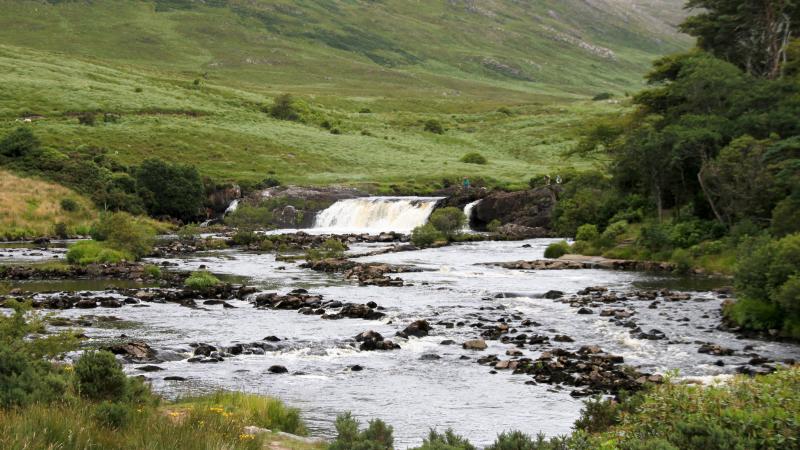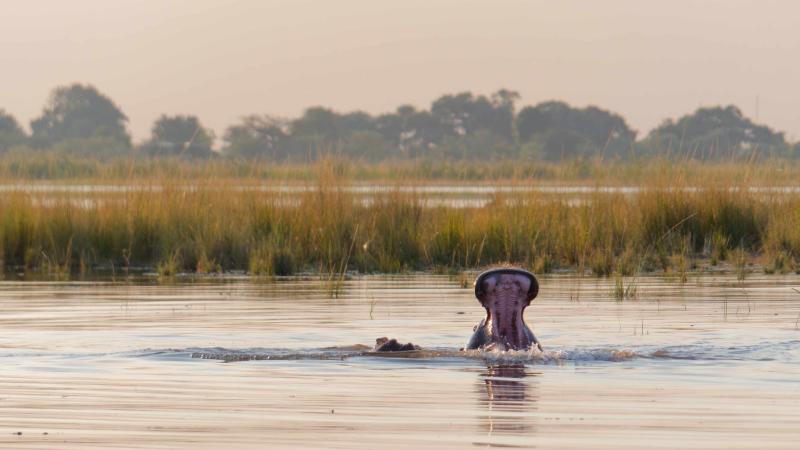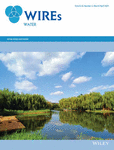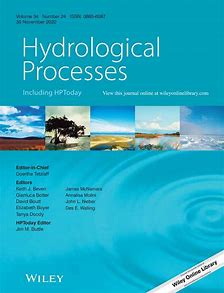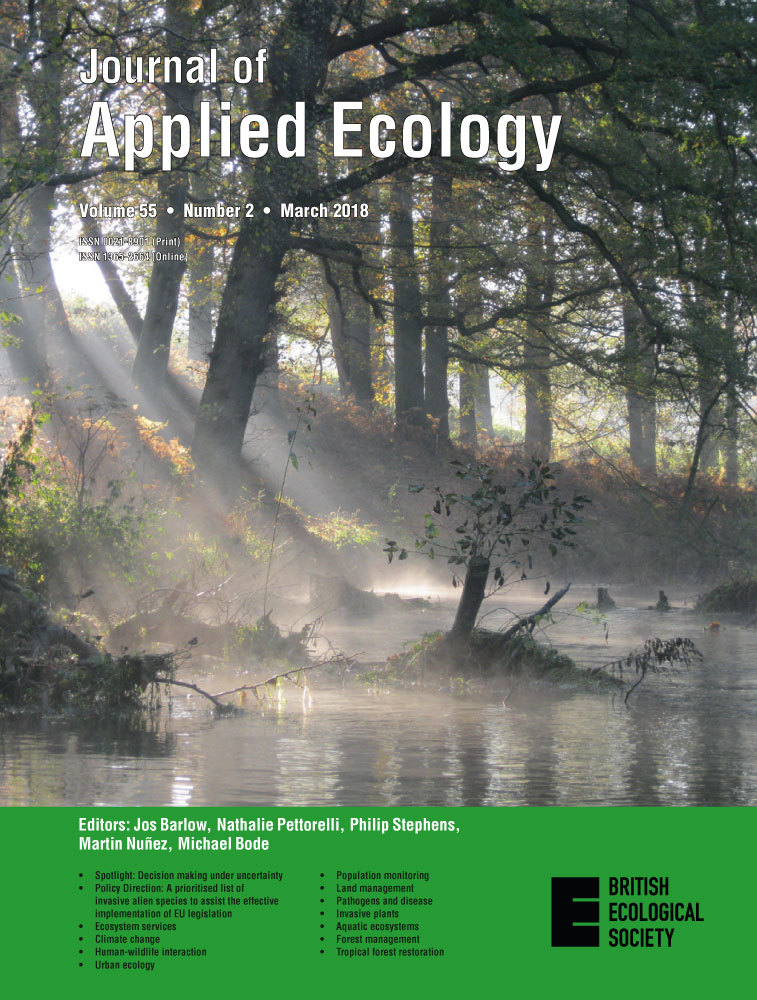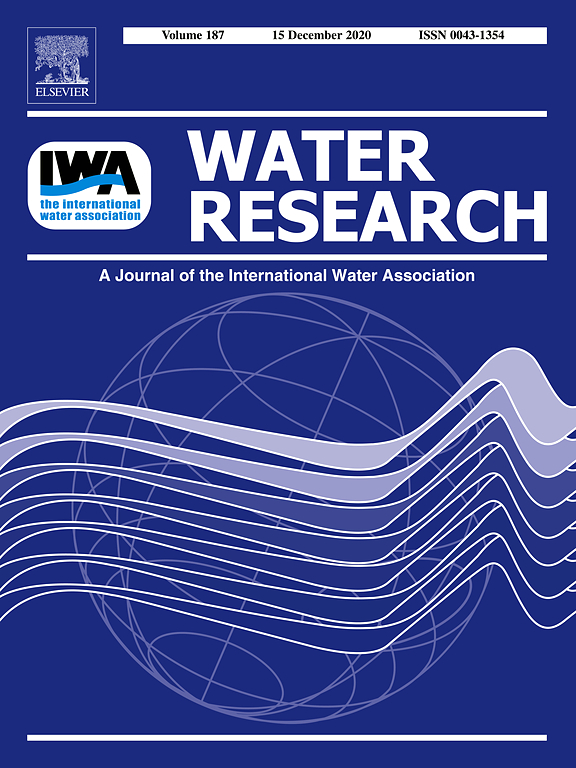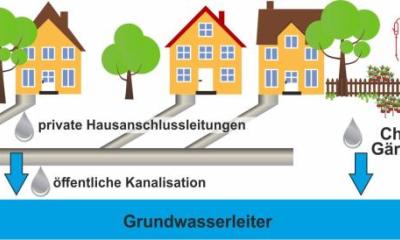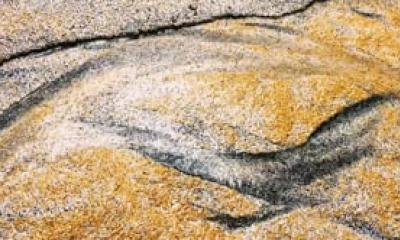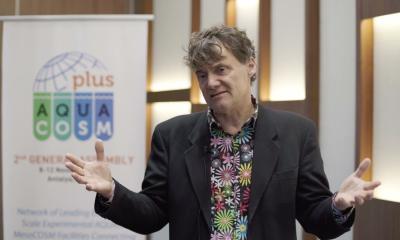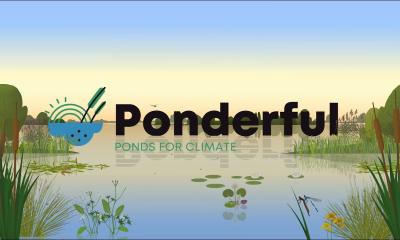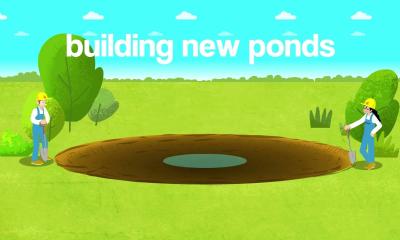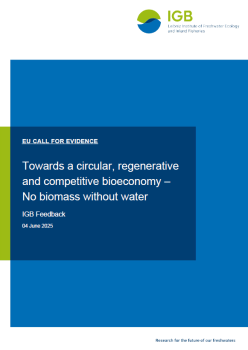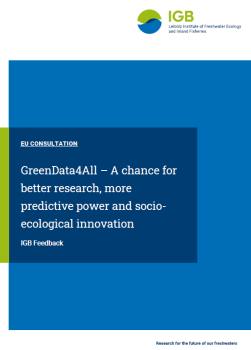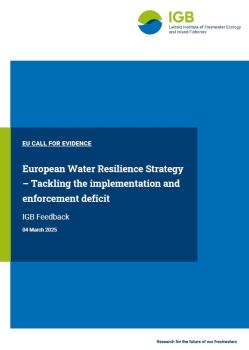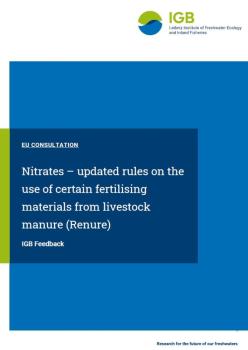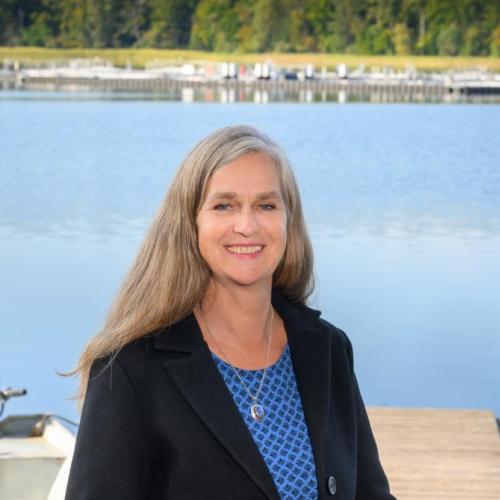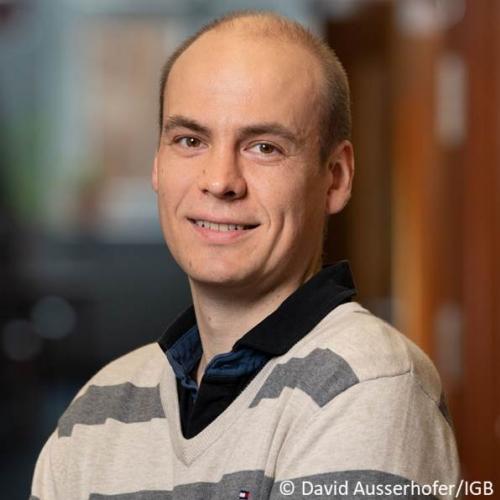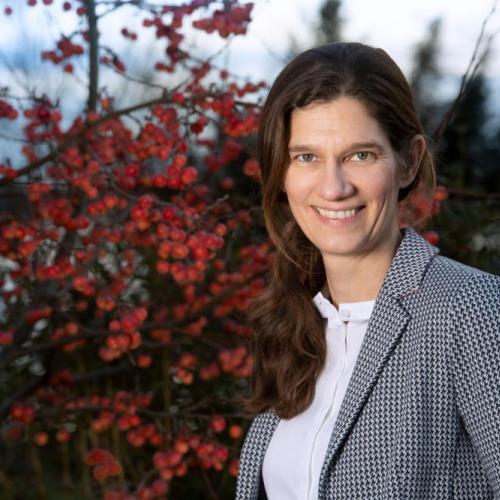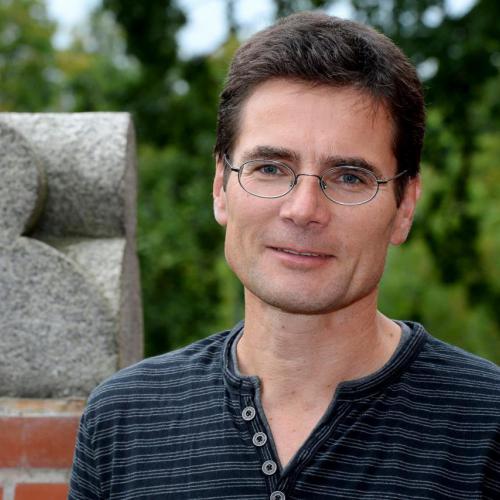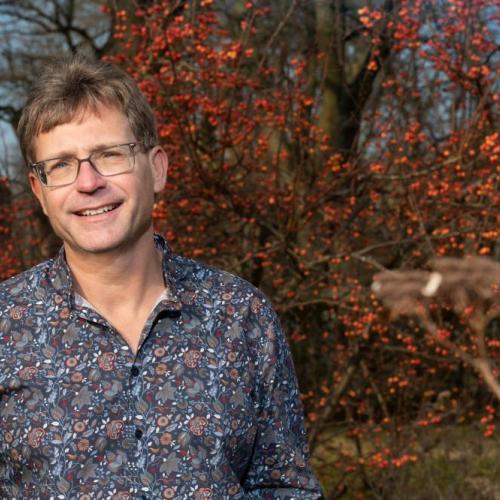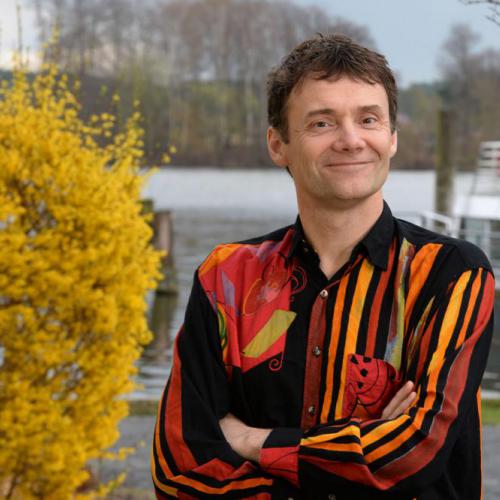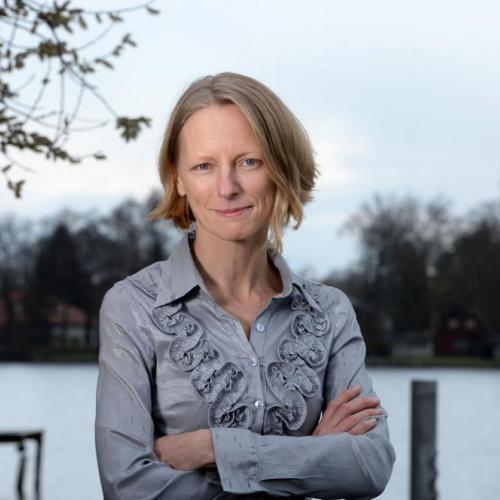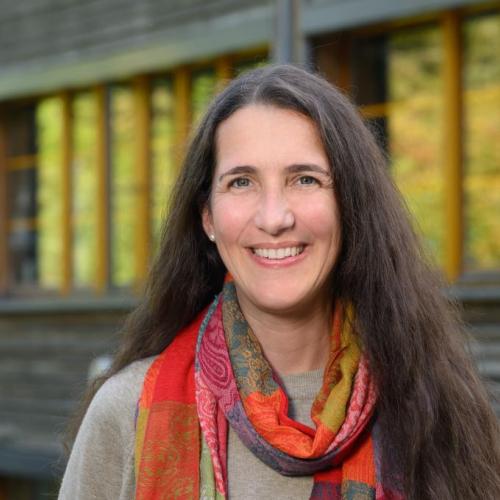Freshwater habitats
Related News
Selected publications
A Holistic Catchment-Scale Framework to Guide Flood and Drought Mitigation Towards Improved Biodiversity Conservation and Human Wellbeing
The authors suggest to combine conventional civil engineering methods, nature-based solutions, and biodiversity conservation actions at catchment-scale to leverage flood and drought mitigation and cater to improved biodiversity conservation and human wellbeing. We outline the needs in terms of legislation structure, adequate funding and governance structures to make this happen.
Assessing impacts of alternative land use strategies on water partitioning, storage and ages in drought-sensitive lowlandcatchments using tracer-aided ecohydrological modelling
The authors used advanced process-based ecohydrological modelling to assess the effects of realistic land use scenarios for the Berlin/Brandenburg region on water flux and storage dynamics. Replacing conifer forests with uneven-aged mixed forests with younger, broad-leaved trees had the greatest potential for reducing evapotranspiration and increasing groundwater recharge
Reviving Europe's rivers: Seven challenges in the implementation of the Nature Restoration Law to restore free-flowing rivers
The authors identified potential challenges and ambiguities in the EU-NRL for restoring free-flowing rivers. They propose clear definitions of critical terms and the development of integrated assessment methods for prioritising actions to improve river connectivity as novel solutions to these challenges, contributing to the success of habitat restoration and biodiversity protection.
Perspectives in modelling ecological interaction networks for sustainable ecosystem management
The study provides perspectives on the use of network models to address a variety of applied ecological questions along spatial and temporal dimensions as well as on interactions between abiotic and biotic components of ecosystems. Through collaborative research, network models could provide important levers for sustainable management.
Environmental DNA, hydrochemistry and stable water isotopes as integrative tracers of urban ecohydrology
The authors investigated the variability of planktonic bacteria and benthic diatoms coupled with insights from hydrochemistry and stable water isotopes across four urban streams in Berlin. DNA metabarcoding results shows substantial spatio-temporal variability across urban streams in terms of microbial diversity and richness, with clear links to abiotic factors and nutrient concentrations.


